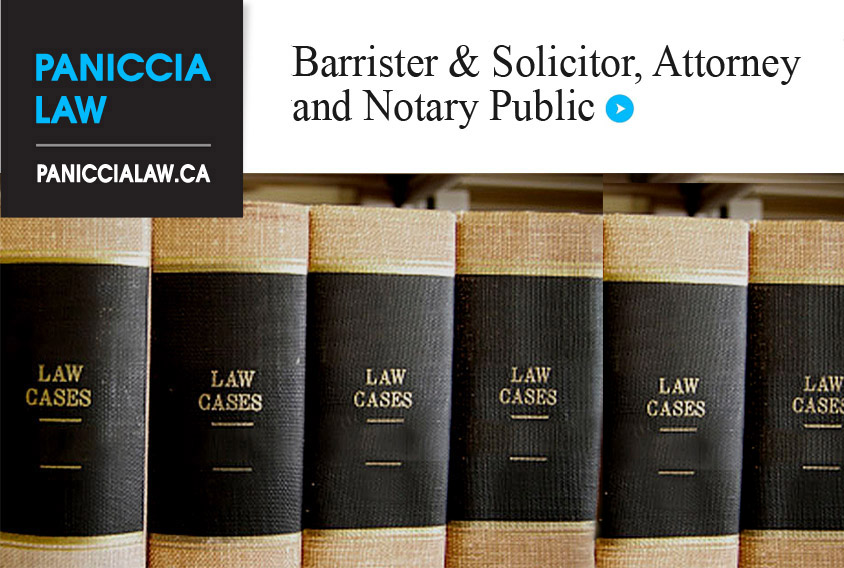Ignorance of the law is no excuse. This point was made recently in a small claims court on a motion to set aside a default judgment. While a small claims court seems to work in an informal nature (presumably because of the number of people who are self-represented), many believe that a judge will automatically side with the party who pleads the most compassionate grounds. However, completely ignoring one’s obligation under the law was shown not to gain any sympathy with the judge in a recent dismissal of a motion to set aside judgment.
The Story
Jane Doe was given a file to take over from her employer three days before appearing at a motion to set aside a default judgment. The default occurred when the respondents failed to file an answer or defence. The judgment seemed routine and the pending result appeared simple enough. Through her research on the rules of the small claims court and the threshold to set aside a judgment, Jane Doe thought that the respondents had no legal argument and the motion would be dismissed in her favour. However, many in the office told her that she would most likely lose as the respondent cited many compassionate grounds. They told her that the judges in small claims court “feel bad” for un-represented parties and more likely than not, allow them an opportunity to present a suitable defence. Having never appeared before a judge, Jane Doe believed the predictions and thought her appearance before the court was doomed.
The Law
Rule 11.06 of the Courts of Justice Act provides that in order to set aside the noting of default judgment against a party, the motion to set aside must first satisfy that a meritorious defence exists; secondly, that there is a reasonable explanation as to why the party defaulted; and lastly, that the motion is made as soon as is reasonably practicable.
Result/Discussion
A morning in small claims court, as daunting as it seemed, was not as arduous as Jane Doe thought. The Judge, although showing sympathy for the opposing side, recognized that even the most compassionate grounds holds no weight if no defence exists. The result was simple; the respondents failed to file a meritorious defence or even respond within the 20-day time frame. The fact that they had some personal issues, although a factor to consider, does not hold any weight when it is the only defence they had. Many are mistaken with the use of compassion in the court system. Compassion is a tool used as a mitigating factor that cannot stand on its own. Self-represented parties are still required to read court documents closely and adhere to the deadlines and requirements. The judge even acknowledged that if one cannot give a reasonable explanation as to why they ignored important court documents, a strong defence coupled with compassionate grounds must exist. This is where the court is lax with the rules in the “informal” way Jane Doe was told about prior to the appearance.
Conclusion
This story is an example of adherence to the laws, with perhaps a fragment of a benefit of the doubt given to self-represented parties. While the small claims courts are “informal” in a sense, the judges still have a duty to adhere to the law and promote the administration of justice and this is exemplified through Jane Doe’s experience.


